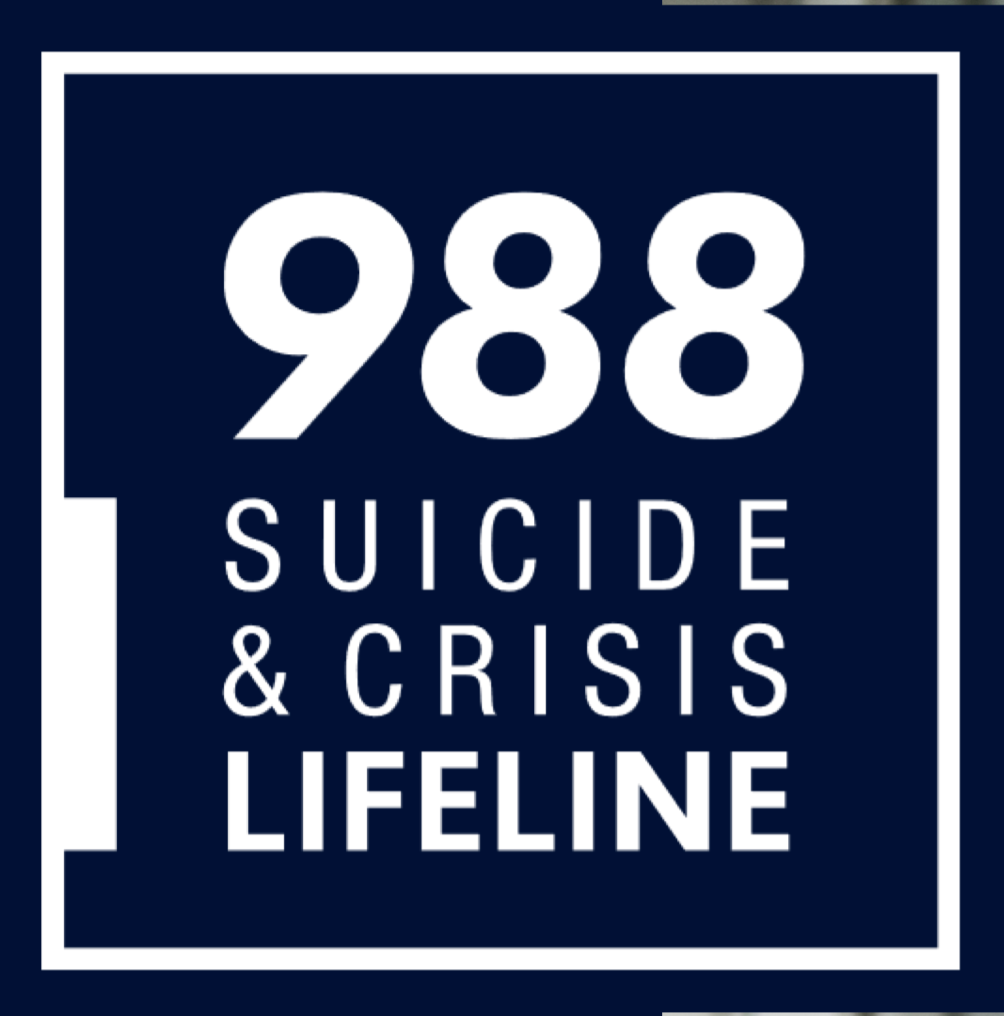Zero Suicide Initiative
Zero Suicide is a transformational model for health and behavioral healthcare systems, presenting an aspirational challenge and practical framework for system-wide transformation toward safer suicide care.
Many people who die by suicide often see a physician or mental health professional not long before their deaths. A comprehensive review of research shows that three out of four people who die by suicide have contact with a primary care provider within the year of their deaths, and about one-third have an encounter with mental health services during that same period. About one in five people who die by suicide have contact with mental health services as late as one month before taking their own lives, and 45% of them saw a primary care provider within the month before their deaths.
Equipping workers at every level within healthcare and behavioral health facilities is critical to helping prevent suicide. However, surveys show that many mental health providers are never specifically trained in suicide prevention or intervention. Often, they do not ask their patients or clients about suicidal intent because they lack that training. They do not know how to recognize warning signs of suicide, and many believe a suicidal person will just tell them if they are considering suicide or self-harm. Furthermore, many professionals are unsure of how to respond if someone in their care expresses a wish to die. Overall, the lack of training and processes focused on suicide prevention represents a missed opportunity to save lives.
The national Zero Suicide movement represents a nationwide, systemwide effort to intervene when and where people at risk need it most--the hospital, the therapist's office, the community clinic, or the emergency room. The Zero Suicide model focuses on the core components of caring for people with suicidal thoughts and urges. It offers a holistic approach to preventing suicide death and injury within health and behavioral health care systems at the micro- and macro levels. It represents a movement to transform these settings to make it easier and safer for people to seek and receive help in their most desperate moments.
~~~
The Zero Suicide Initiative and movement is the product of a partnership between the National Action Alliance for Suicide Prevention, the Suicide Prevention Resource Center, and other national suicide prevention experts. From 2010-2013, members of the Clinical Care and Intervention Task Force developed and launched what would become the Zero Suicide in Health and Behavioral Health Care model. Their work influenced the 2012 update of the US National Strategy for Suicide Prevention (NSSP), prompting the addition of goals 8 and 9 which called for suicide prevention to become a “core component” of health care, and for improved professional and clinical practices.
In 2014, the Tennessee Suicide Prevention Network reached out to several local hospitals, emergency rooms, and behavioral health facilities to engage them in a statewide Zero Suicide movement. TSPN successfully engaged these agencies in implementing the Zero Suicide framework in whole or in part.
TSPN's 2023 statewide conference focused on the Zero Suicide concept—its historical and scientific background; its value in helping healthcare, behavioral health, and other agencies prevent suicide among their client/patient base; and how agencies new to the framework could integrate it into their operations. Regarding this last item, TSPN’s central office staff and Advisory Council opted to revive the Zero Suicide Initiative Task Force that jumpstarted TSPN’s foray into the movement back in 2014.
The reinvigorated Task Force will check in with agencies that previously endorsed and engaged with the Initiative to see whether they need further or renewed logistical assistance. We will also work to recruit newcomers to the Initiative, including those outside the traditional targets of hospitals, emergency rooms, and mental health facilities.

Source: Zero Suicide Institute
~~~
The model consists of seven elements designed to help professionals identify, intervene with, respond to, and follow up with clients or patients with suicidal ideation:

Want to Know More?
Full information about the Zero Suicide Initiative and module is available from the website of the Zero Suicide Institute.
Anyone interested in implementing the Zero Suicide model within their Tennessee healthcare or behavioral health facility may contact Lisa Kling, TSPN's Report Analyst, at
lkling@tspn.org. You'll be invited to future virtual meetings of the Zero Suicide Initiative and receive information, resources, and guidance on implementing the Zero Suicide framework within your agency.
988 Suicide & Crisis Lifeline
The Lifeline is a free 24/7, confidential, short-term crisis counseling line for those experiencing distress. It is a myth that 988 is only for suicidal individuals; it is available to everyone. Call, text, or chat 988 if you are overwhelmed, stressed, and need to talk with a trained counselor.

This project is funded under a grant contract with the State of Tennessee, Department of Mental Health and Substance Abuse Services.

